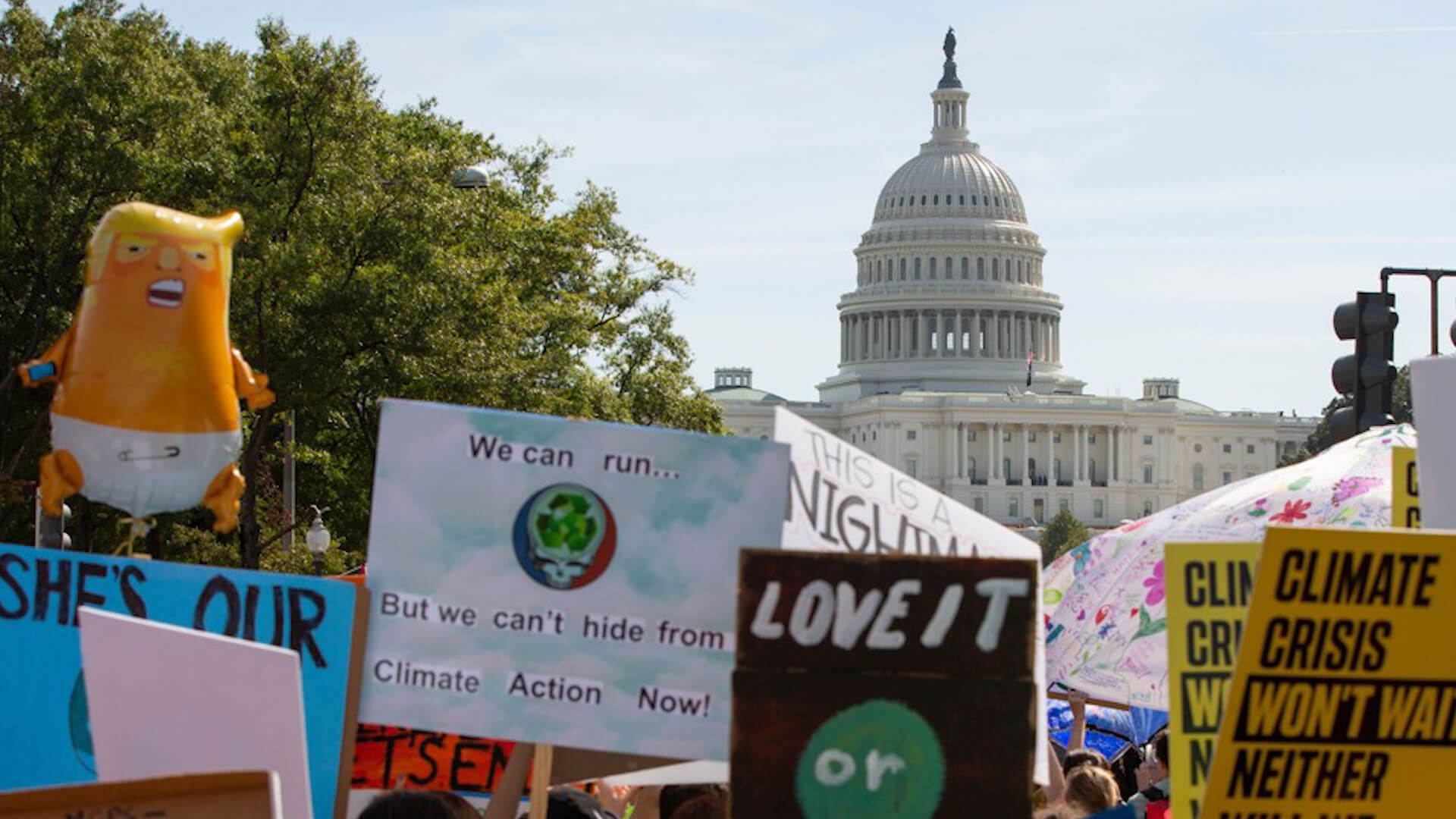The United States (US) formally quit the 2015 Paris Agreement on Climate Change on Wednesday, becoming the first nation to abandon the deal aimed at averting the catastrophic impact of climate change.
The United Nations Framework Convention on Climate Change (UNFCC), the body that oversees the treaty, along with France, Chile, Italy, and the United Kingdom (UK), released a joint statement on Wednesday expressing “regret” over the US’ withdrawal. “There is no greater responsibility than protecting our planet and people from the threat of climate change,” the statement said. “The science is clear that we must urgently scale up action and work together to reduce the impacts of global warming and to ensure a greener, more resilient future for us all. The Paris Agreement provides the right framework to achieve this.” “We remain committed to working with all US stakeholders and partners around the world to accelerate climate action, and with all signatories to ensure the full implementation of the Paris Agreement,” they added.
While the long-threatened move by the Trump administration risks further isolating the US from the international community, it won’t have any immediate impact on international efforts to curb global warming. The costs of natural and climate-induced disasters in recent years have grown sharply, and US allies (along with others, like China) have stepped up to declare their own climate action targets. The UK, Japan, South Korea, and the European Union (EU) have all vowed to deplete their carbon emissions to zero by 2050, indicating that the rest of the world will continue to press ahead to tackle this challenge.
However, given that the US has emitted more cumulative carbon dioxide into the atmosphere than any other country since the industrial era began, the US’ departure has drawn criticism and concern from global environmental groups, climate change advocates, and UN officials.
“That the country that has contributed the most to climate change is now formally outside of the Paris Agreement, and may remain so for at least the next four years, is an appalling thought,” said Lois M. Young, Belize’s ambassador to the UN. The American Public Health Association labelled the US’ exit “unconscionable,” adding that the move only served to “relinquish US leadership on climate change and ignores the significant risks of a go-at-it-alone approach to a global threat”. Meanwhile, Laurence Tubiana, CEO of the European Climate Foundation and a key architect of the Paris Agreement, slammed the US’ actions, calling it “irresponsible behaviour from a major country”.
The US, however, can still rejoin the agreement. However, that depends on the outcome of its presidential election, the results tallying for which is still underway. Democratic challenger and former Vice President Joe Biden has vowed to return the country to the deal on the first day of his presidency if he is elected.
UN Expresses Disappointment Over US Withdrawal from Paris Climate Accord
The US formally quit the agreement on Wednesday.
November 6, 2020

SOURCE: THE WASHINGTON POST
